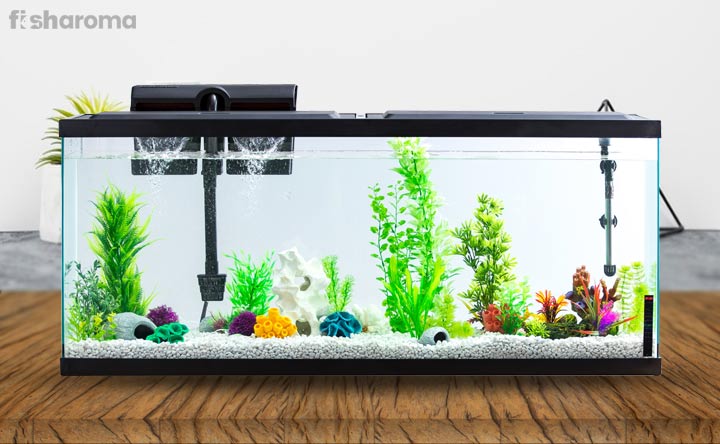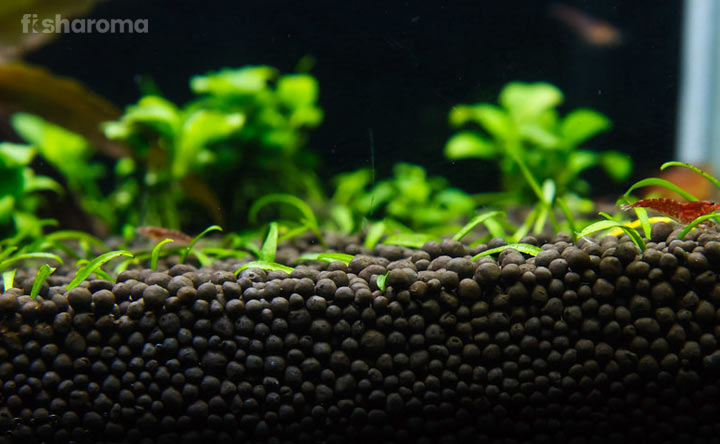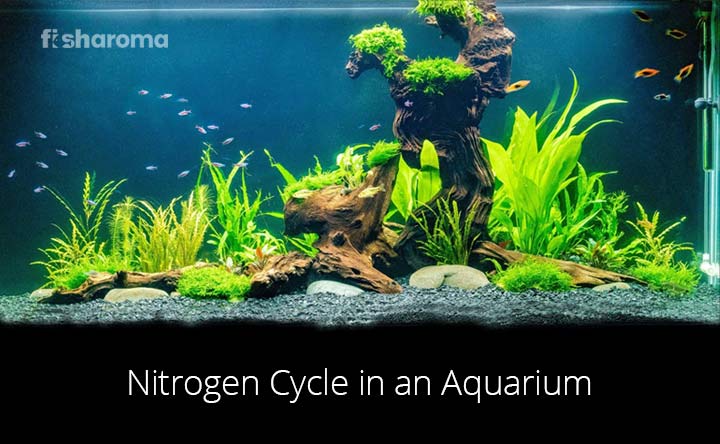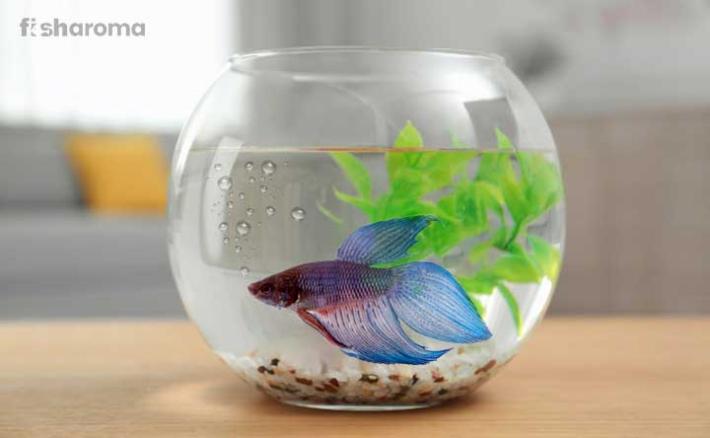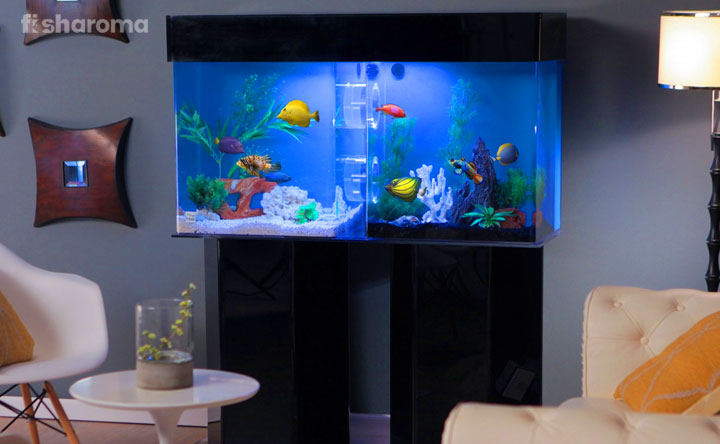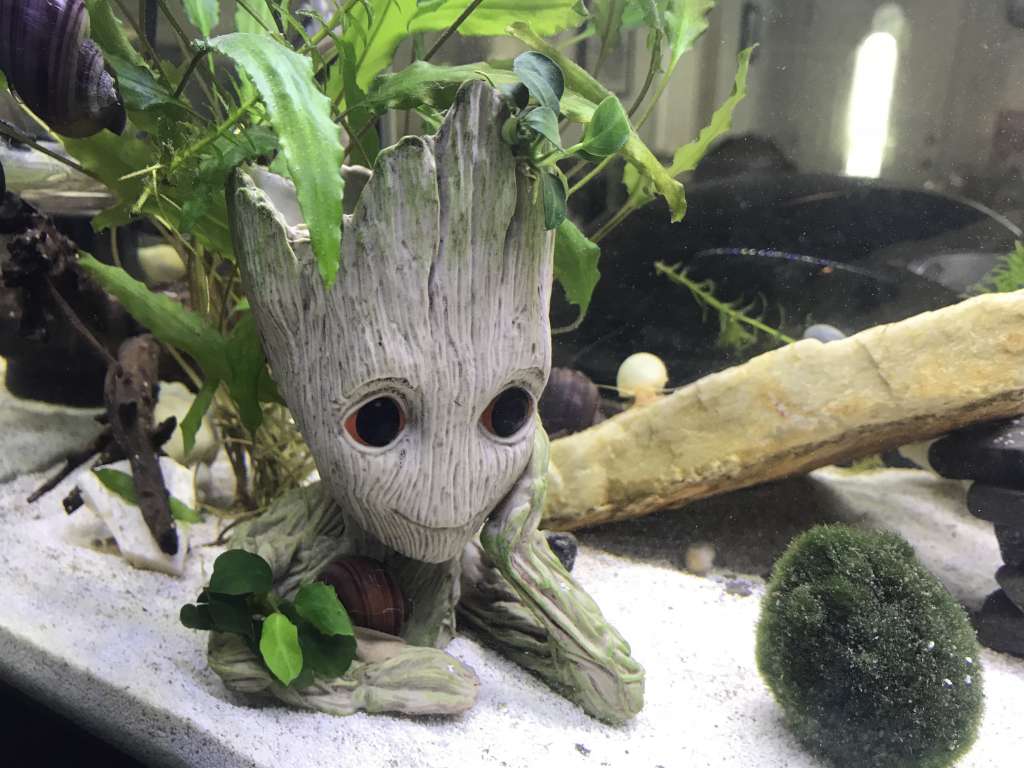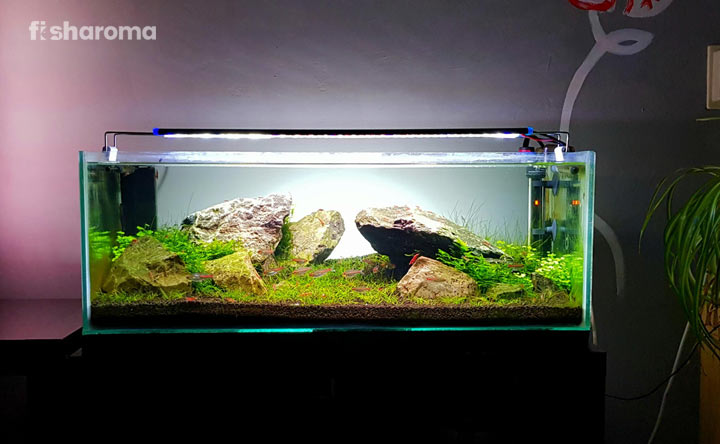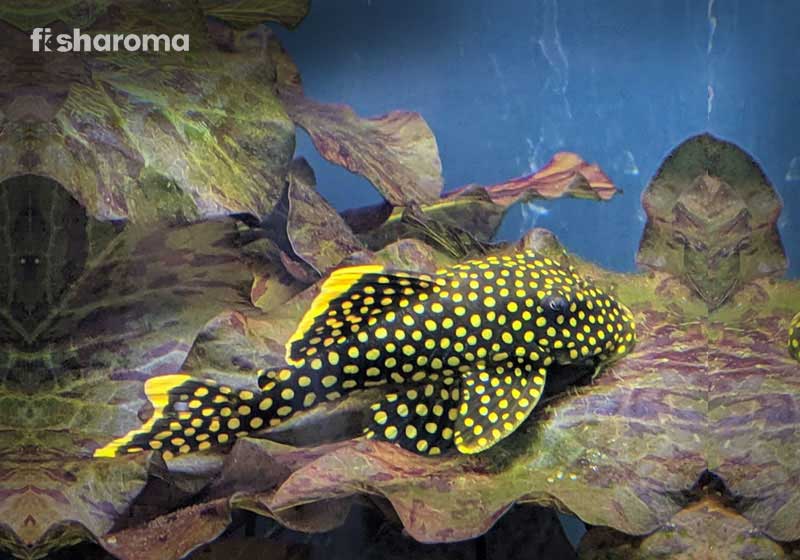How Do Fish Sleep and Manage to Take Rest?
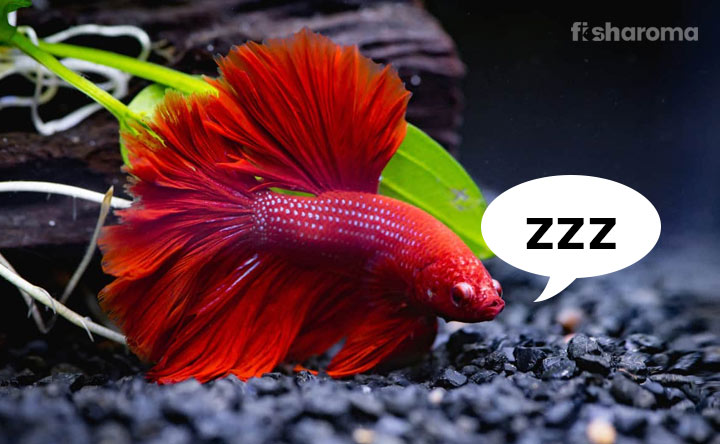
Taking rest or having slumber is not an unnecessary part in the life of every living being because it’s necessary to relax the mind and body of every living thing. Now, you may ask, do fish take rest or how do fish sleep? The answer is single and simple – yes, obviously they do, but their rest-taking style is completely different to human beings and other animals.
Every living being sleeps for optimal wellbeing and rejuvenation of health. Some people have the wrong idea that fish never sleep in water because their eyes are always open, but that concept is completely wrong; they take slumber with an open eye because they have no eyelids.
According to the research done by the Standford University, about 200 species of animals along with fish have their own specific sleeping patterns which align with human beings because the body functionalities of human beings are different from such species.
How Do Fish Sleep?
As we have mentioned above, fish don’t have eyelids; they cannot close their eyes, and they even are not capable to show Rapid Eye Movement (REM). Moreover, they usually take rest when they are less active and need break for some moment.
You may get confused that whether they are sleeping or not because they cannot close their eyes, but you can identify its behavior by its stagnant and slow behavior. During that period the fish are less active; their brain starts getting exhausted and their metabolism starts slowing down.
You may find some fish stay still and their gill movements also gradually get slow when they are tired. Moreover, you will also observe a unique nature in fish; they always stay alert from the attacks of the enemies, even when they sleep. So, they can quickly save themselves from any kind of alarming situation.
Unlike human beings, fish are very adjustable to their sleeping pattern, habitation, breeding process, food intaking and nourishment of their newborn babies. So, most of the pet lovers prefer keeping fish rather than other animals.
Different Types of Sleeping Patterns of Fish in Several Dwelling Places
Human beings and other living beings have the same pattern of sleeping style, but fish and other water species always have different slumber styles that depend on different fish breeds. Let’s have a look at a few sleeping patterns and places:
- Sometimes while sleeping, fish like Shark and Betta float on the water by moving their fins to keep the proper flow of oxygen into their gills. This subtle movement during slumber helps these fish maintain the balance of bodily functions like breathing and resting.
- Some fish sleep on the water surface in a swimming posture without any body movement.
- A few fish sleep at the bottom of the aquarium inside the hiding caves or on the rocks.
- The diurnal energetic fish stay active at day and sleep at night like Guppies.
- The nocturnal dynamic fish are active at night and sleep during the day like Mackerel and Bluefish.
- It is also heard that some fish simply drift with tail and fins to keep them steady during the resting period, and you will also hear a slow snoozing sound of these fish when they sleep.
- There are fish who like to make their own nest under the holes of the rocks, inside the sand, or in the artificial ceramics of aquarium for sleeping.
- Breeds like Brown Bull-Head Catfish take nap at a 10-30° angle with their flat tails and stretched-out fins.
- Saltwater fish sleep under the coral or inside the reefs.
- Some sharks and Tuna fish never sleep because of its extra-protectiveness nature and active behavior.
- Goldfish prefer sleeping in dark, so when the lights of the aquarium are off, they can take rest easily like human beings.
- Parrotfish secrete a cocoon of mucus from its gland inside the gills and this fish prefers sleeping at the cocoon. Remember, the cocoon protects the fish from different parasites and also masks their scent from dangerous predators.
How to Identify a Fish is Sleeping?
It is not easy to understand that a fish is taking rest or slumber because it cannot close eyelids like other animals or humans, but if you minutely follow some signs then you will definitely understand that it’s sleeping. Take a short look at those signs:
- You can identify its resting posture by seeing its stagnant floating condition or sitting condition in the same place.
- Its stagnancy and inactivity for a long time can reflect that it is sleeping.
- After seeing the sleeping process in a regular routine, you can easily understand that the fish is sleeping.
- When you find its sensitivity to external stimulus and the body movements are decreasing, it is sure that the fish is asleep.
- Some fish have a snoozing sound while napping as mentioned above, and if you observe it minutely, then you can hear the sound.
- They may drift slowly but they seem almost zoned-out at that moment. So, during that time, try not to disturb your pet fish by switching on the light of the aquarium or shaking the tank.
Why does Fish Sleep?
Slumber is the process which gives relaxation to the muscles of every living being that are divided into two categories – slow-wave sleep (sound slumber), and REM sleep (rapid movement sleep when we dream and works are done in the subconscious mind). These categories are common for every living thing including fish. Similarly, like a human being, fish also needs rest for a period which gives the body of the fish a chance to refresh and rejuvenate. The fish sleep for the same reason that a human sleep.
If compared to other animals, fish don’t have complex sleep process. Moreover, they don’t need a soft bed and pillow to rest like human beings because they just sleep for a few moments to rest their bones and muscles.
If a human being does not take enough sleep in a day, then it may be problematic for the health; whereas a fish needs an average 3-4 hours to sleep. However, some take a sound sleep and others take a light sleep as mentioned above.
According to the National Sleep Foundation, fish sleep in a reverie or day-dreaming state because their metabolic rate decreases but the stimulus is active which allows its body to get restored.
Many people have a query; do fish have insomnia? Yes, some fish have insomnia and they cannot manage to take rest. Now, you may ask, how do fish sleep if they have insomnia? They try to swim hard and stay active throughout the entire day so that they feel tired and take slumber in a suitable time of the day. Except for Zebrafish, other fish have light sleep and they are somehow insomniac in nature.
In a study done in 2007 by the National Sleep Foundation, it was found that a group of Zebrafish was deprived of their sleep during the normal 6-hour time period of their slumber. Later, it was observed that on the next day the fish were unable to arouse and their gill movements were reduced. Moreover, it was also found that their breathing cycles were very slow that is governed by the melatonin, same as human beings.
When does Fish Sleep?
Human beings and other animals prefer taking sound sleep at night but the story is different for the fish because they can sleep at any time. Most of the surface floating fish are diurnal and stay active during the day, so they sleep at night. However, there is much other fish that are nocturnal and sleep during the day and active at night; for example, the saltwater fish which dwells near the corals or reefs are diurnal in nature.
Fish prefer serene, calm and natural environment during slumber because their slumber is not deep and a little sound can disturb their resting-period. Some fish breeds stop sleeping just to protect their newborn babies from the predators while migrating. Moreover, it is also heard that some fish don’t even sleep until it becomes adult-like Tilapia.
So, try to switch off the lights of the aquarium and don’t disturb them during their sleeping time by making much sound near the fish tank.
Sleeping and taking rest is one of the most important things in the life of every animal including fish. There are exceptional fish breeds who don’t require slumber for the entire day. The species which needs rest should not be disturbed at any cost.
Frequently Asked Questions (FAQs) about Fish-Sleeping
Q1: Why do fish sleep less than other animals?
Fish are hyperactive in nature and they don’t need much rest because they just give relaxation to their brain for some moments. So, they sleep lesser than other living things.
Q2: Do all fish Sleep?
No, every fish doesn’t sleep because of its natural habit from birth. Young fish never sleep and other fish like Blue Whale and Dolphin does not sleep. The half-most part of the brain of the Dolphins only takes rest.
Q3: Does every fish need a dark environment to sleep?
No, the nocturnal fish do not need a dark environment to take rest because they can sleep under daylight, but only the diurnal fish require a serene and dark ambiance for a sound slumber because they are comfortable to take slumber at night in darkness.
Q4: Which fish have eyelids?
Generally, fish have no eyelids but only Sharks have eyelids, so they can close their eyes while taking rest, but they don’t have eyelids like a human being.
Q5: How do fish sleep without closing eyes?
This is quite unnatural to see a creature sleeping without closing its eyes, but the fish have no other option as they have no eyelids. They don’t give rest to their eyes, but while taking slumber they give rest to their brain and body parts by closing a half portion of activeness in their brain.
Q6: How to make the slumber of the fish comfortable?
If you are petting a fish in your aquarium, try to switch off the lights of the aquarium and never tap on the glass of the tank because these things can disturb their rest period.
Q7: What happens if fish are deprived of slumber?
If fish are unable to take adequate rest then it may make them annoyed, stressful, and they can showcase color-fading effect with less lifespan. So, try to look at their comfort if you are breeding fish in aquarium.
Interesting Facts on the Sleeping of Fish
- The saltwater Spanish Hogfish are alert in nature, so they have the lightest sleep compared to other fish breeds.
- California Horn Shark is active at both day and night like the night owls, and they never take rest.
- Mackerel and Bluefish can swim continuously from dawn to dusk without a single break.
- Jellyfish and Zebrafish can sleep for the longest hours compared to other fish.
Acquire More Information about Fish
There are many other activities that fish do, and if you want to know details about such things then you may have a look at the following topics:
- How to Clean a Fish Tank?: You also need to know about the health problems that the fish face because of an unhygienic condition in the tank which disturbs their feeding and resting. Know more about the cleanliness of the tank by studying an article.
- Betta Fish Food: Food is the main thing in the life of living beings, so it is necessary that try to learn about the feeding requirements of Betta and other fish.

